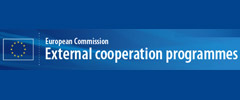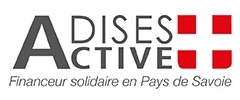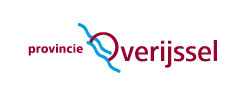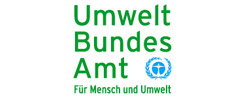"Worries about consequences for children of pesticides present in water" - Report from Drenthe
Far too many residues of pesticides are present in the waters of Drenthe (Dutch province). This needs to be reduced. But how?
19.02.2018 |

This question was central during a symposium in Assen, organised by Natuur en Milieufederatie Drenthe (Nature and Environment Federation) (NMFD) and WECF.
The possible consequences of the presence of pesticides in water have been a big topic recently. Last year, WECFs report about pesticides in the surface water of Drenthe already led to questions in the Provincial Council. Concentrations of pesticides exceeding the legal regulations have been found in the surface and ground water of Drenthe several times, which causes risks for human health and the environment. It is often overlooked that a mix of pesticides can cause additional problems, with policy makers only looking at the individual excesses per pesticide.
About 175 participants attended the symposium, including residents of Drenthe, representatives of water authorities, water companies, agriculture unions, environmental organisations and scientists. The symposium consisted of an informative part during which several experts presented their findings and projects, a debate about the problem, and recommendations for solutions.
Debate
During the debate it became clear that there is consensus about the need to reduce the use of pesticides. However, large conflicts of interests and differences about the nature and size of the problem exist between the parties.
Solutions
Many programmes have already been installed in Drenthe to curb the emission of pesticides by the agricultural sector. These measures have however proven to be insufficient. NMFD advocates stimulation for biological agriculture by the province of Drenthe, just like what’s happening in Groningen. In addition, the province could protect vulnerable groups and areas by making the environmental regulations stricter. WECF suggests that Drenthe puts into practice sustainable agriculture that contributes to the national and international goals for healthy surroundings, sustainable consumption and production, and well functioning ecosystems.
See here for the English summary of WECFs report on pesticides in Drenthe's waters.
Links to the full publication, the presentations and media coverage can be found in the corresponding Dutch article.
The symposium was funded by the European Commission, under the DEAR (Development Education) program, and the Nationale Postcode Loterij.
![]()
![]()



Related News
Getting to the Future We Want
4-7 November, Brussels: European Environmental Bureau’s (EEB) Annual Conference
12.11.2018
GoodFood4All
WECF and partners all over Europe start GoodFood4All Campaign
06.11.2018
The Netherlands in the next gear - Adopt an SDG Live!
WECF and Building Change organised the event “The Netherlands in the next gear – Adopt an SDG live” on 27 September in the Koorenhuis in The Hague
02.10.2018
Together for sustainable sanitation and water security worldwide!
Stockholm, 26-31 Aug 2018: WECF participated in the World Water Week 2018 to further support the worldwide implementation of SDG 6
01.09.2018







































